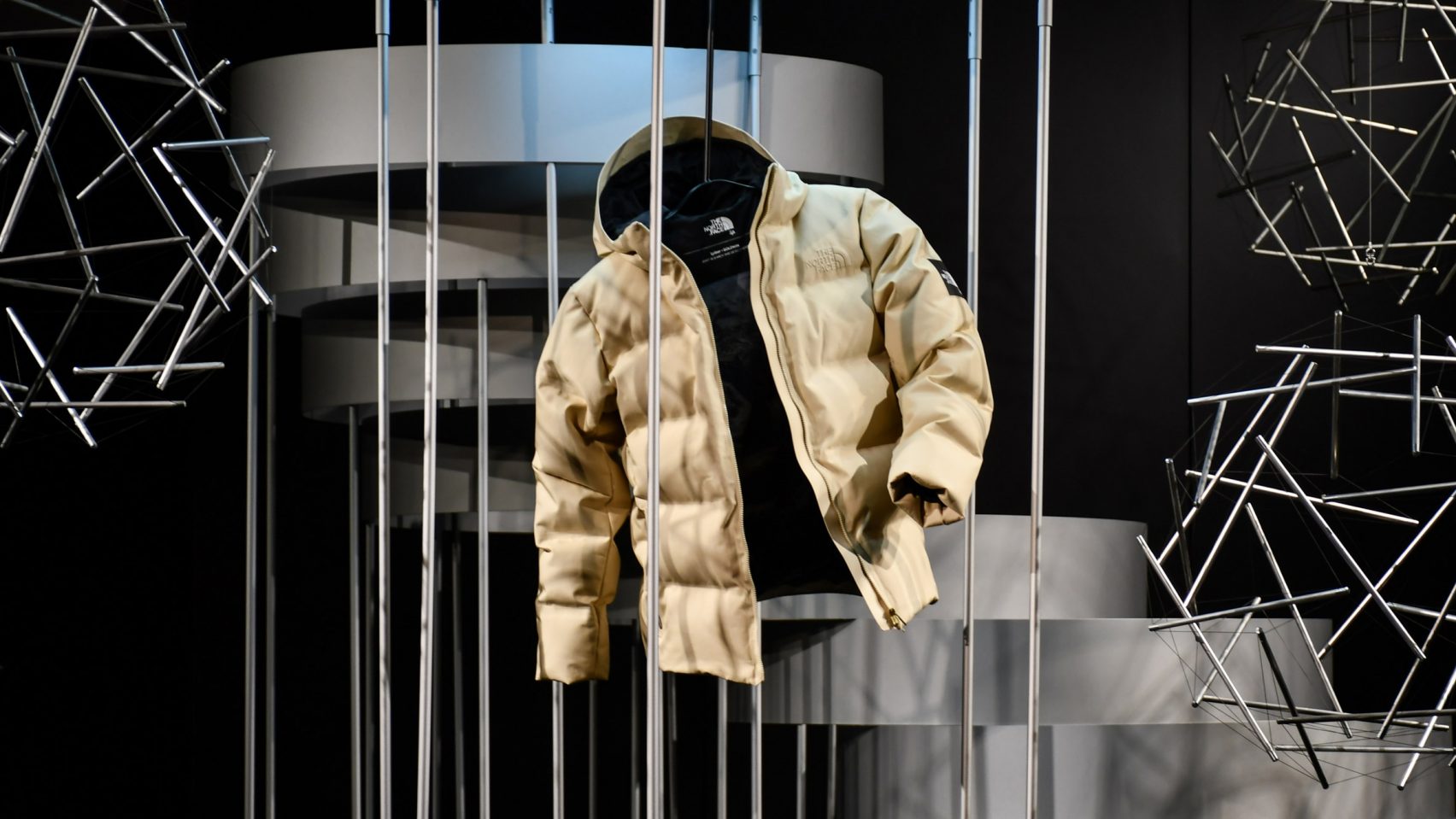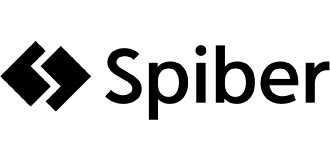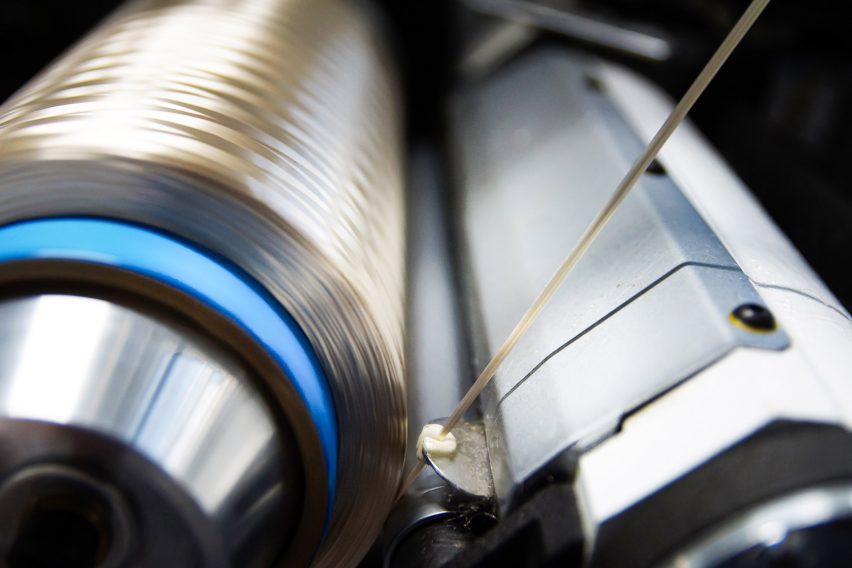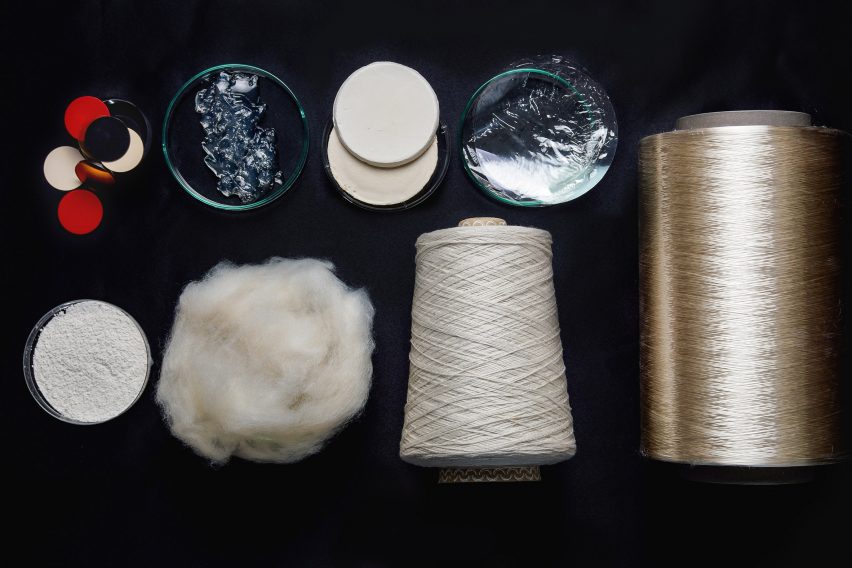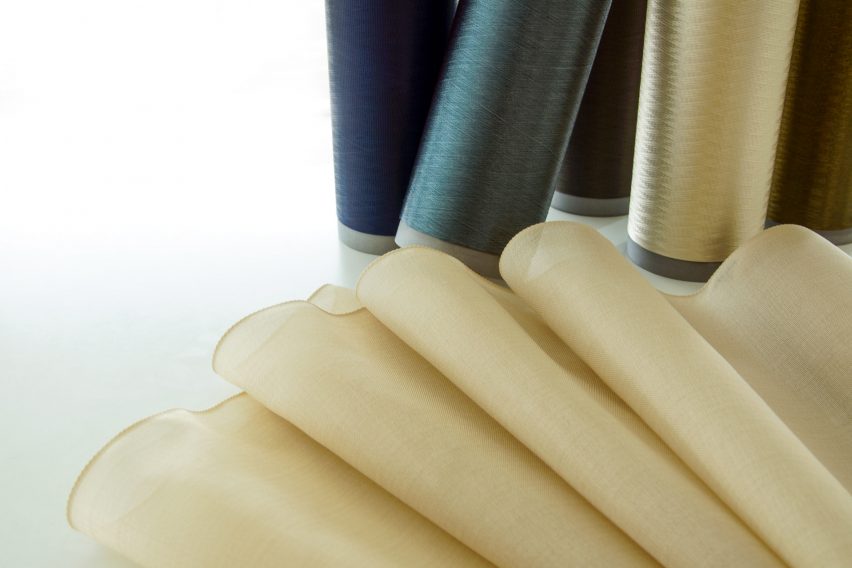Microsilk™ is a silk-like biosynthetic fiber made by the US-based company Bolt Threads. Microsilk™ is created by fermenting water, yeast, and sugar with spider DNA. It’s a fabric that’s been called “stronger than steel and more tear-resistant than Kevlar.”
Bolt Threads started by researching spider silk proteins to see what gives them their amazing features, such as high tensile strength, elasticity, durability, and softness. They then built technology to duplicate the process on a vast scale indefinitely.
How It’s Made
Synthetic spider silk is made using a few simple components and a lot of research. Sugar, water, and spider DNA-infused yeast cells are mixed together and fermented in big stainless-steel tanks. After centrifugation, the mixture is refined into a powder and combined with a solvent. The resulting liquid silk protein, which resembles glue, is identical to the liquid protein that spiders extrude from their silk glands and eventually form into fiber in their natural state.
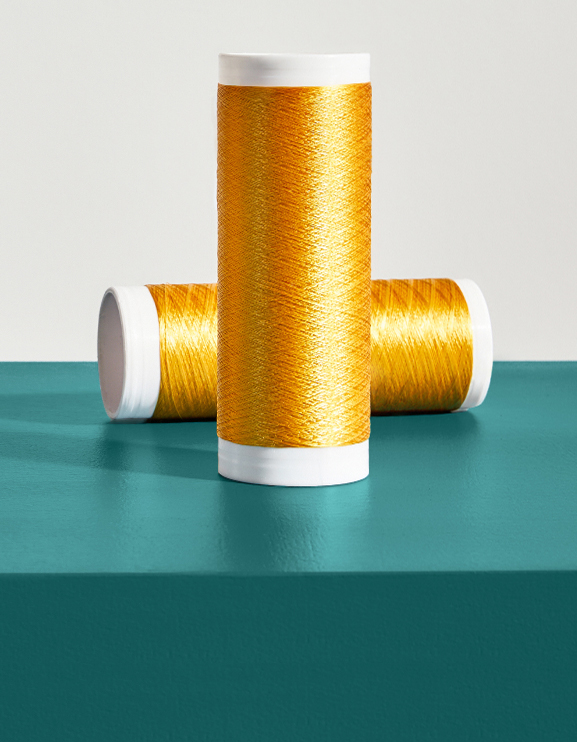
The liquid silk protein is then extracted using spinnerets and spun into fibers in the same way that acrylic and rayon fibers are produced.
In the process, no spiders are employed at all. Bolt Threads began by studying real spider silk in order to better understand the relationship between the spiders’ DNA and the properties of the fibers they produce. They can now produce such proteins without utilizing spiders thanks to modern technologies.

GMOs (genetically modified organisms) are not present in Microsilk® fibers. Genetically engineered yeast is used in the manufacturing process. The silk protein is removed from the yeast when fermentation is complete, and the remaining yeast cells are killed by heat. There are no GMOs in the finished product. As they point out, this is the same technique that has been used to safely create cheese, insulin, and a variety of vaccines for decades. Bolt Threads gets its sugar from genetically modified corn during the fermenting phase. Because of the abundant supply, all big fermentation factories in the United States already use sugar from GMO corn.
Because of the abundant supply, all big fermentation factories in the United States already use sugar from GMO corn. Large-scale fermentation of non-food crops known as cellulosic feedstock is expected to be achievable in the future. Bolt Threads declares its commitment to participating in the development of solutions that will allow that future to become a reality.
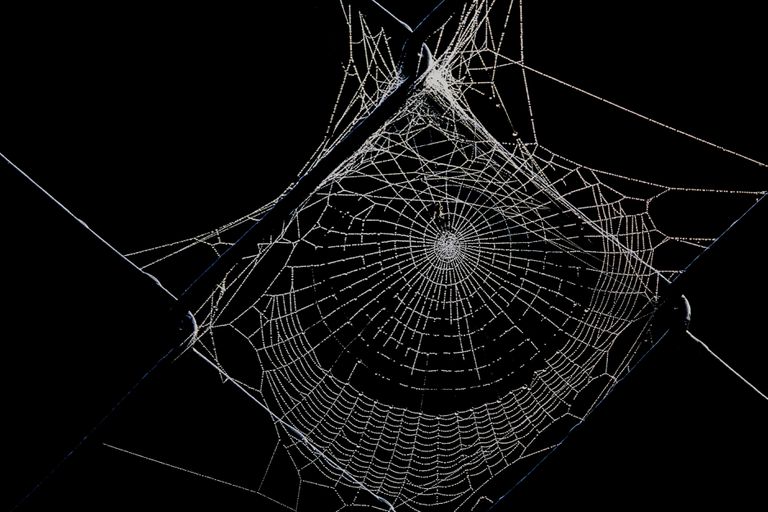
Features of Microsilk™
Sugar from plants that are grown, harvested and replanted is the key input in the fiber-making process, and it is considered a renewable resource.
Few of the benefits of Microsilk™ include warmer than wool, lightweight, and much stronger than silk.
Applications
Microsilk™ is still in the research and development stage. They will conduct a life cycle analysis to evaluate the environmental consequences of their material, and they will be able to compare the results to dozens of other natural and synthetic materials using the industry-standard Higg Materials Sustainability Index.
Microsilk™ fibers have only been used in prototype fashion products so far, including a limited edition knit tie collection, a dress for the Museum of Modern Art created in collaboration with high-end fashion designer Stella McCartney, and a limited edition beanie collection made of Microsilk™ blended with Rambouillet wool.
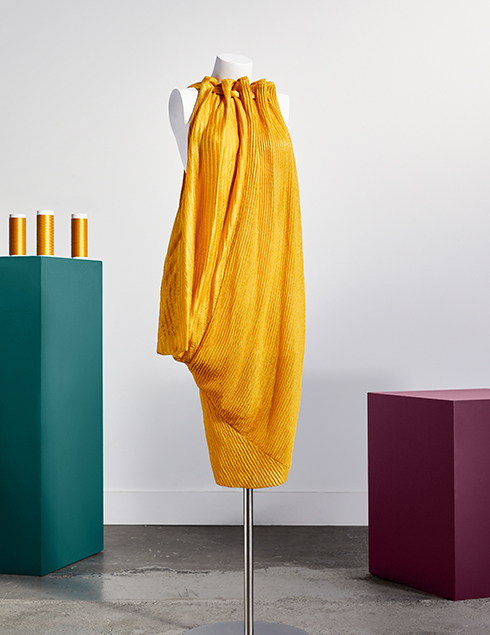

Bolt Threads isn’t the only company that manufactures synthetic spider silk. Spiber, a Japanese startup, has teamed with The North Face and Goldwin, and its synthetic spider-silk material has already been used in proof-of-concept winter jackets.
REFERENCES:


